Description
Asparagus racemosus, commonly known as Shatavari, is a perennial plant that is native to India. It grows in various parts of the country, including the tropical and subtropical regions, and is commonly found in areas such as the Western Ghats, the Deccan Plateau, and the Himalayas.
The active content of Asparagus racemosus is believed to be its saponins. These compounds have been shown to have adaptogenic, antioxidant, anti-inflammatory, and immune-modulating properties.
The root of Asparagus racemosus is typically used for extraction, and it is often processed into a powder or extract form. The root is considered to be the most potent part of the plant, and it is used in various traditional medicine preparations.
Asparagus racemosus is commonly used in Ayurveda as a remedy for reproductive and digestive issues. It is believed to have a nourishing effect on the female reproductive system and is often used to treat menstrual irregularities, infertility, and menopausal symptoms. It is also used to treat digestive issues such as bloating, diarrhea, and stomach ulcers.
Other potential benefits of Asparagus racemosus include improved immunity, stress reduction, and improved cognitive function. However, more research is needed to confirm these potential benefits.

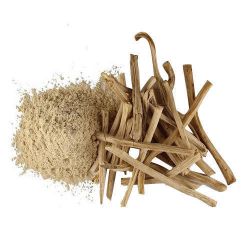
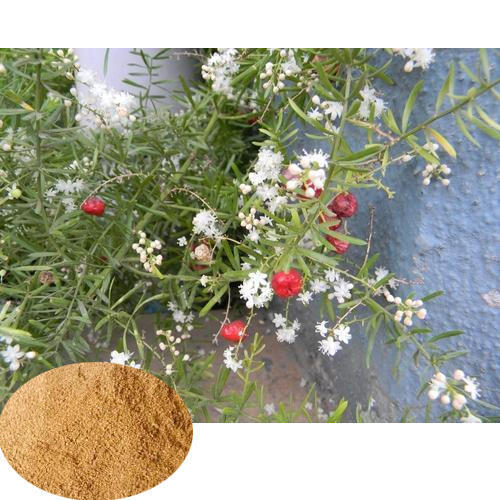
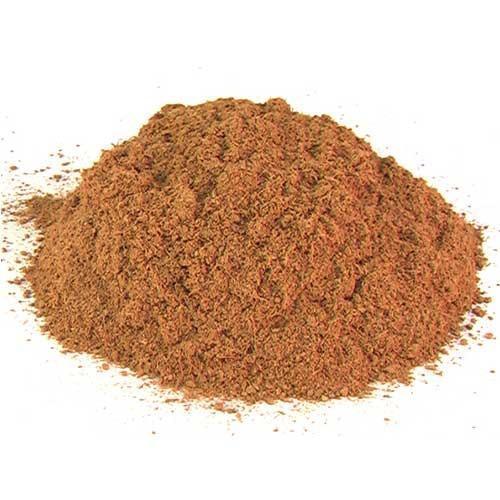
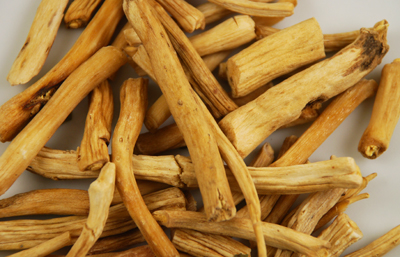
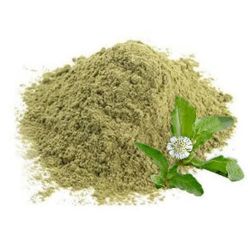
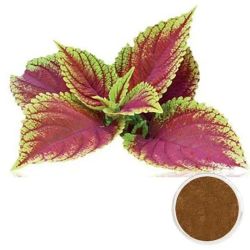

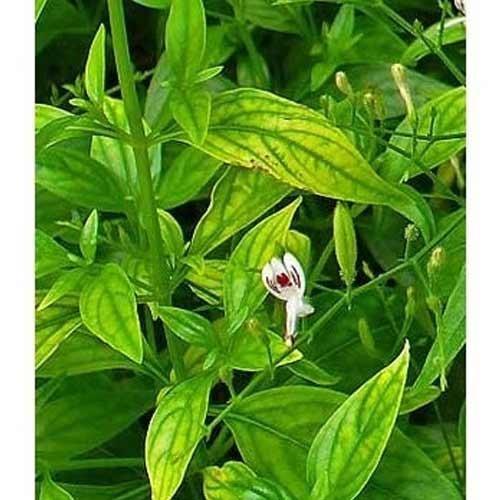
Reviews
There are no reviews yet.